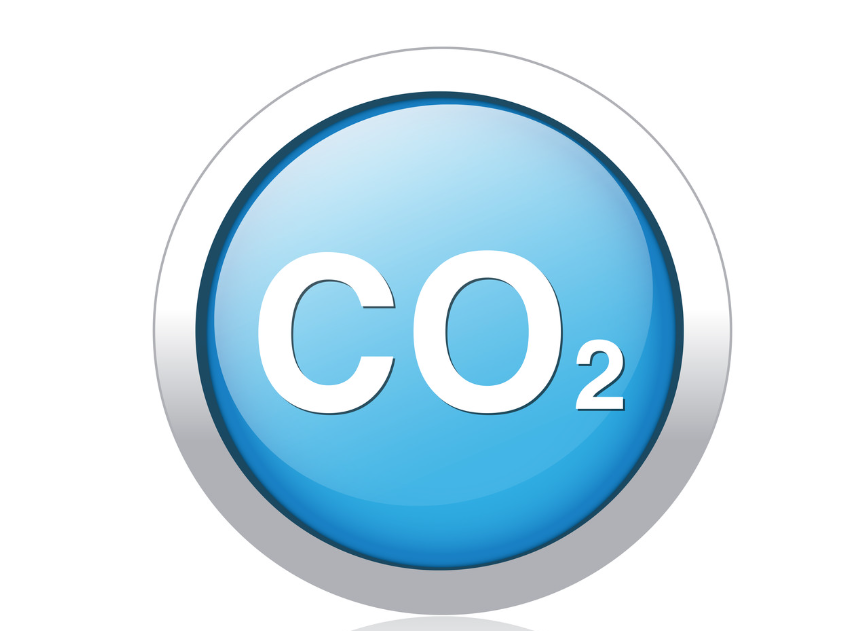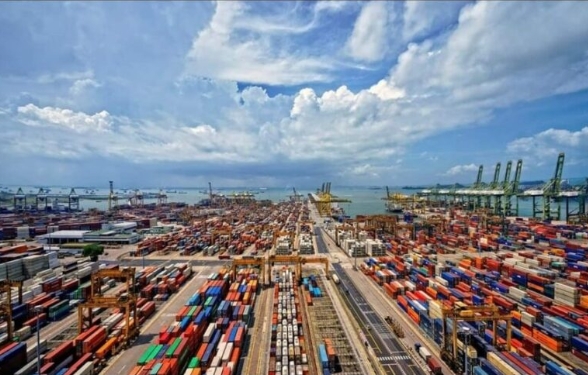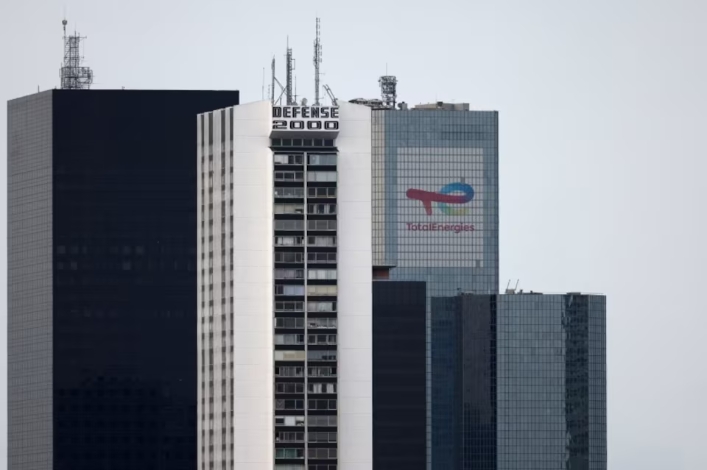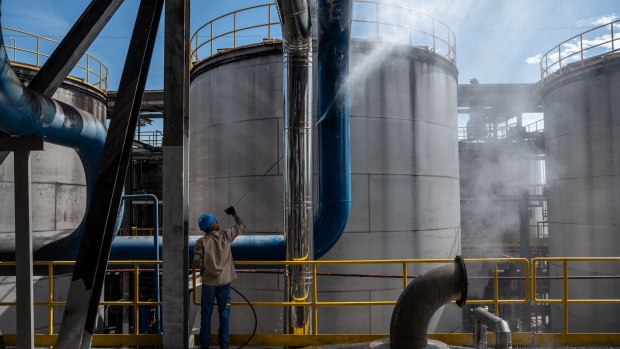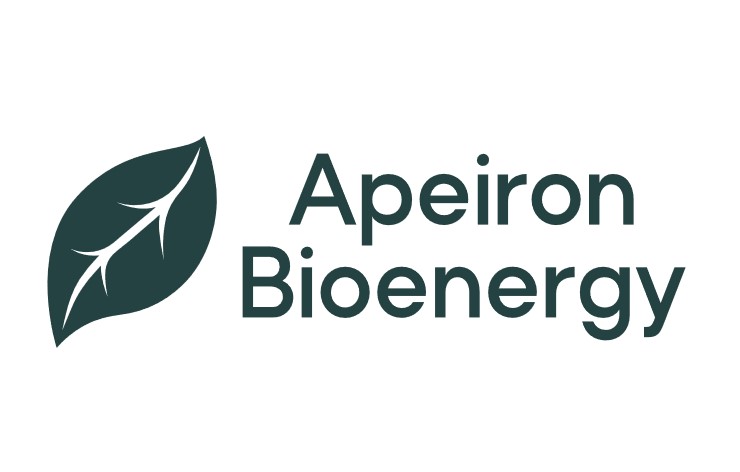The Government of Canada’s commitment to eliminating inefficient fossil fuel subsidies signals both greater support for clean technology as well as emission reductions across the economy from traditional sectors.
The Assessment Framework builds on Canada’s commitment under the 2021 Glasgow statement to end new direct public support for the international unabated fossil fuel energy sector. Putting the Assessment Framework and Guidelines into force will ensure any government supports for the sector will not delay the transition to renewables, are in compliance with the goals of the Paris Agreement to limit warming to 1.5 °C, and account for the availability of credible alternative energy sources.
The Assessment Framework—the first transparently published methodology worldwide—will be used to determine which tax and non-tax measures constitute an inefficient fossil fuel subsidy. Subsidies will be considered inefficient unless they meet one or more of the following six criteria:
Enable significant net greenhouse gas emissions reductions in Canada or internationally in alignment with article 6 of the Paris Agreement.
Support clean energy, clean technology, or renewable energy.
Provide essential energy service to a remote community.
Provide short-term support for emergency response.
Support Indigenous economic participation in fossil fuel activities.
Support abated production processes, such as carbon capture, utilization, and storage (CCUS), or projects that have a credible plan to achieve net-zero emissions by 2030.
The Guidelines are in effect and apply to all federal departments and agencies.
Canada is also committed to phasing out public financing of the fossil fuel sector. This refers to financing beyond the scope of the fossil fuel subsidies commitment. The Government’s work will identify current public financing by 2024 and announce by fall 2024 the implementation plan to phase out public financing of the fossil fuel sector.
Canada is the only G20 country to phase out inefficient fossil fuel subsidies ahead of the 2025 deadline.
The Guidelines can be updated at any point to better reflect new policy developments and enable increased stringency and may be formally reviewed periodically.
Canada’s Assessment Framework uses the World Trade Organization Agreement on Subsidies and Countervailing Measures (PDF) Article 1.1 definition of subsidies as a reference.
